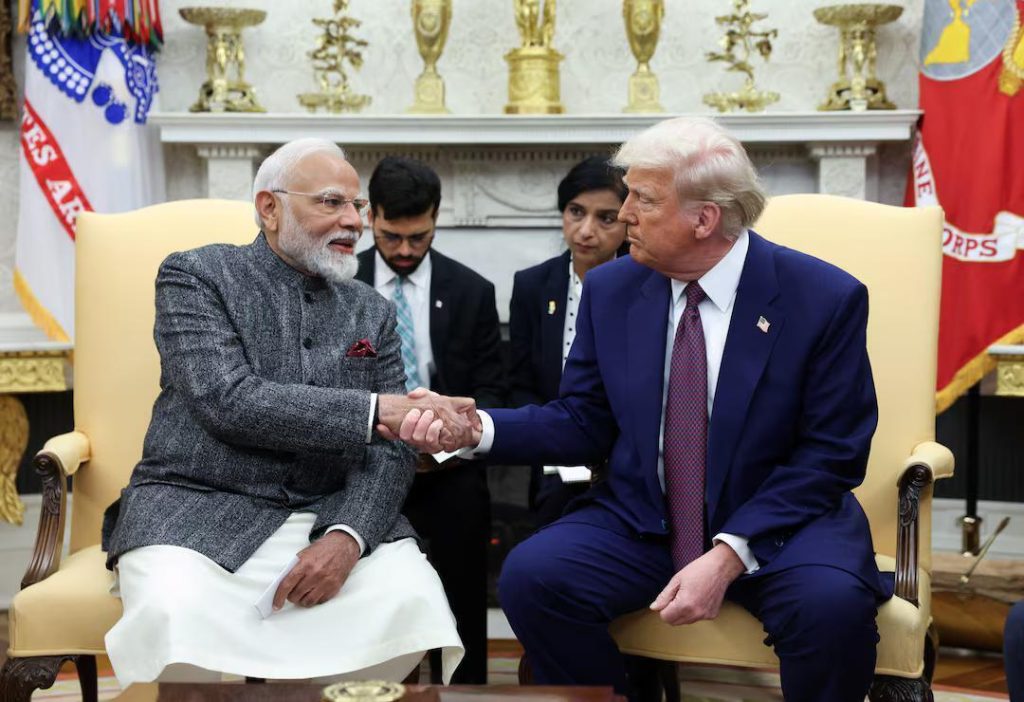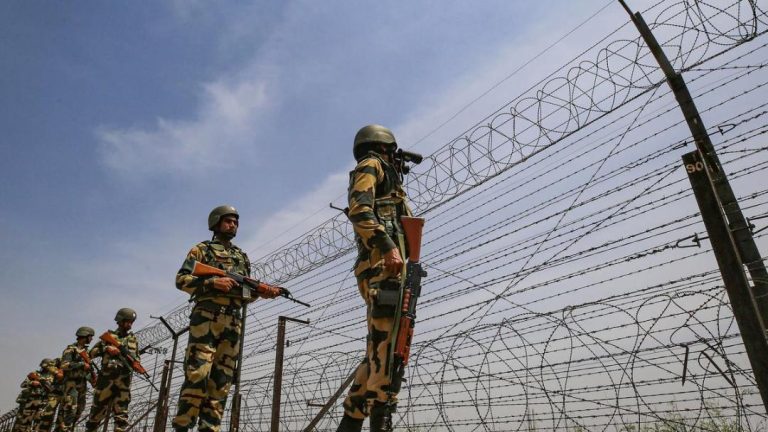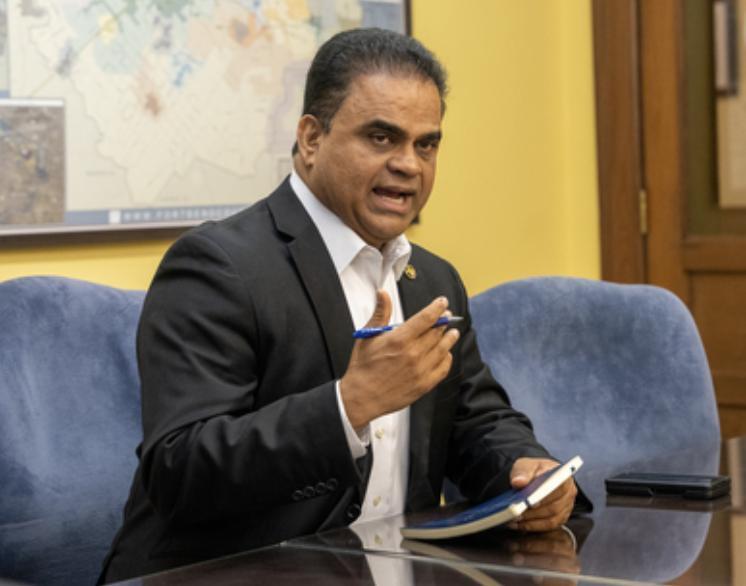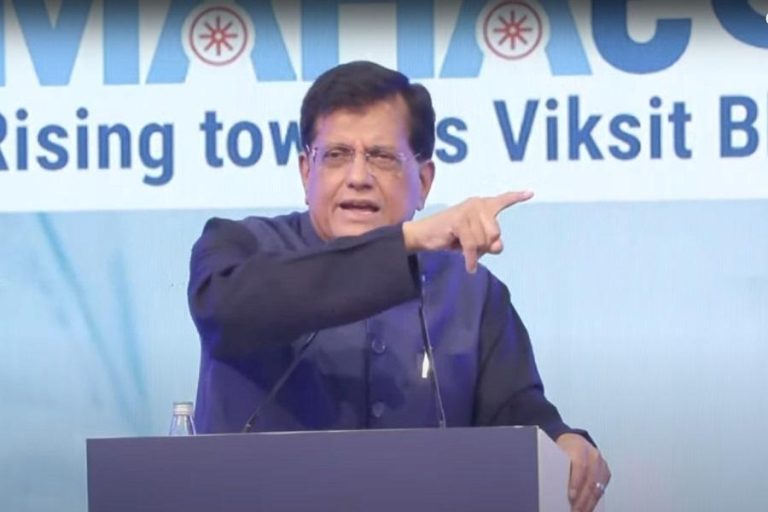
PM Modi & Trump have good chemistry, nationalists respect each other: Jaishankar
The interactions between Indian Prime Minister Narendra Modi and US President Donald Trump have been making headlines for quite some time now. While some have been skeptical about their relationship, External Affairs Minister S Jaishankar has now shed light on what makes their interactions work so well. According to Jaishankar, the key to their successful interactions lies in the fact that both Modi and Trump are nationalists, and nationalists tend to respect each other.
In a recent interview, Jaishankar was asked about the dynamics between Modi and Trump, and he had some insightful comments to share. “I felt the chemistry was good,” he said. “I think nationalisms kind of respect each other.” This statement is significant, especially considering Trump’s reputation for having a tumultuous relationship with many world leaders.
For those who may not be aware, Trump has had his fair share of controversies and disagreements with world leaders. From his infamous handshake with French President Emmanuel Macron to his public spats with British Prime Minister Theresa May, Trump has not always been known for his diplomatic tact. However, when it comes to Modi, Trump seems to have a different approach.
The chemistry between Modi and Trump is undeniable. From their initial meeting at the White House in 2017 to their recent interactions at the G7 Summit in France, the two leaders have consistently shown a level of camaraderie and respect for each other. And Jaishankar’s comments suggest that this is not just a superficial relationship, but one that is built on a shared understanding of nationalism.
So, what exactly does Jaishankar mean by “nationalists kind of respect each other”? It’s worth exploring this concept in more detail. Nationalism, in its purest form, is about putting one’s country and its interests first. It’s about promoting the well-being and prosperity of one’s own nation, and often involves a sense of pride and loyalty towards one’s homeland.
In the context of international relations, nationalism can sometimes be seen as a negative force. It can lead to protectionism, isolationism, and even conflict. However, when practiced in a moderate and responsible manner, nationalism can also be a powerful force for good. It can drive economic growth, promote cultural identity, and even inspire people to work together towards common goals.
In the case of Modi and Trump, their shared nationalism is likely what has created a sense of mutual respect and understanding between them. Both leaders have been known to speak proudly about their respective countries, and have taken bold actions to promote their national interests.
For Modi, this has meant implementing policies such as demonetization and the Goods and Services Tax (GST), which have aimed to streamline India’s economy and make it more competitive on the global stage. For Trump, it has meant taking a hardline stance on issues such as trade and immigration, which he believes will benefit the United States.
Despite their differing policies and approaches, both Modi and Trump share a deep commitment to their respective nations. This shared sense of purpose and loyalty has likely created a sense of trust and understanding between them, which is reflected in their interactions.
Jaishankar’s comments also suggest that this shared sense of nationalism has helped to create a level of comfort and familiarity between Modi and Trump. “I think nationalisms kind of respect each other,” he said. This is significant, as it implies that the two leaders do not feel the need to constantly prove themselves to each other or engage in petty squabbles.
In contrast, many other world leaders have struggled to connect with Trump due to his unconventional approach to diplomacy and his tendency to prioritize his own interests above those of the United States. However, Modi seems to have found a way to work with Trump despite these challenges.
So, what does the future hold for the relationship between Modi and Trump? While it’s impossible to predict with certainty, Jaishankar’s comments suggest that the chemistry between the two leaders is unlikely to change anytime soon. As long as they continue to share a sense of national pride and loyalty, their interactions are likely to remain positive and productive.
In conclusion, the interactions between PM Narendra Modi and US President Donald Trump are a testament to the power of shared nationalism in international relations. Despite their differences, the two leaders have found a way to work together and build a sense of trust and respect. As Jaishankar’s comments suggest, this is likely due to their shared commitment to their respective nations, and their recognition of the importance of national pride and loyalty.






